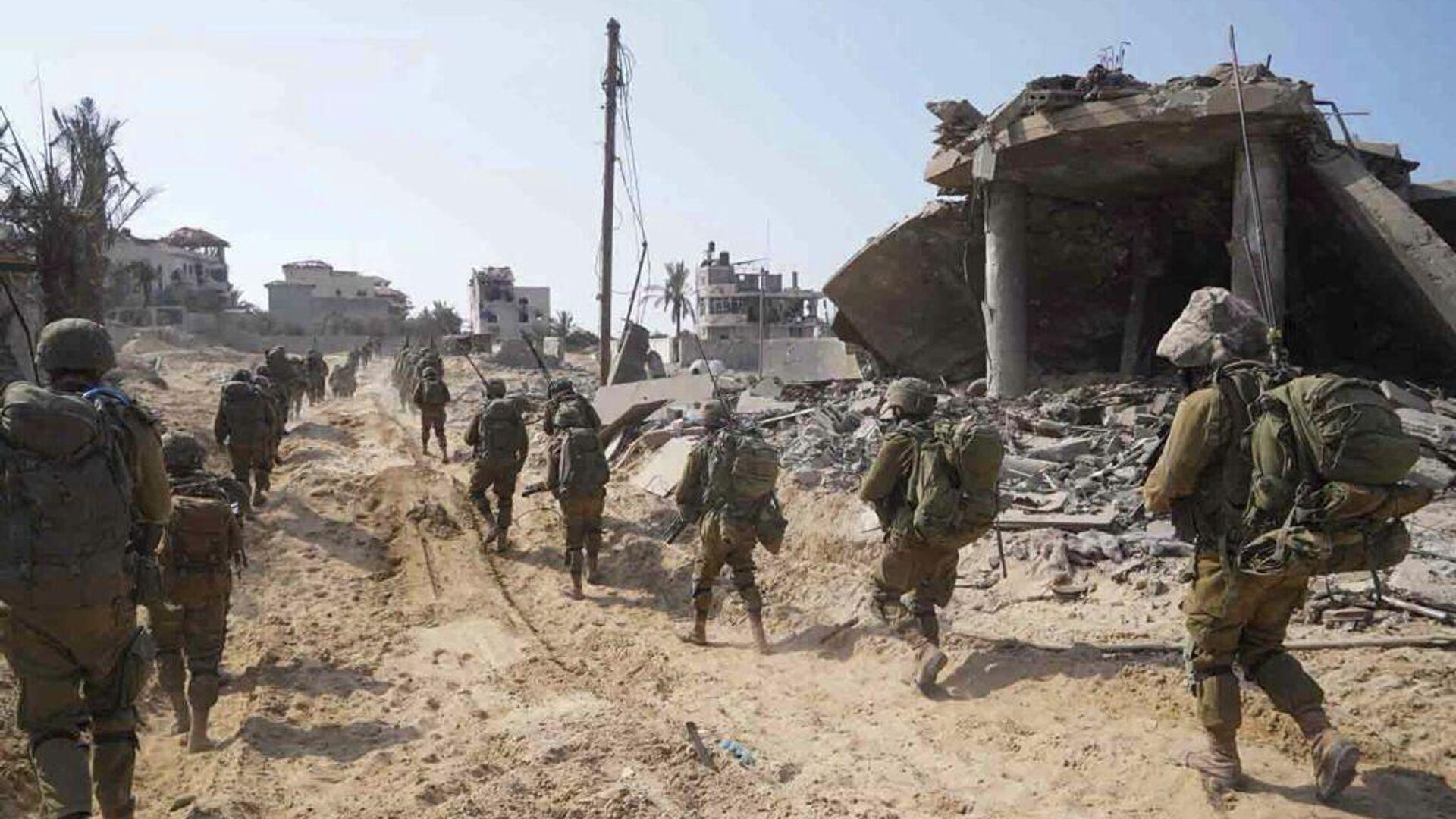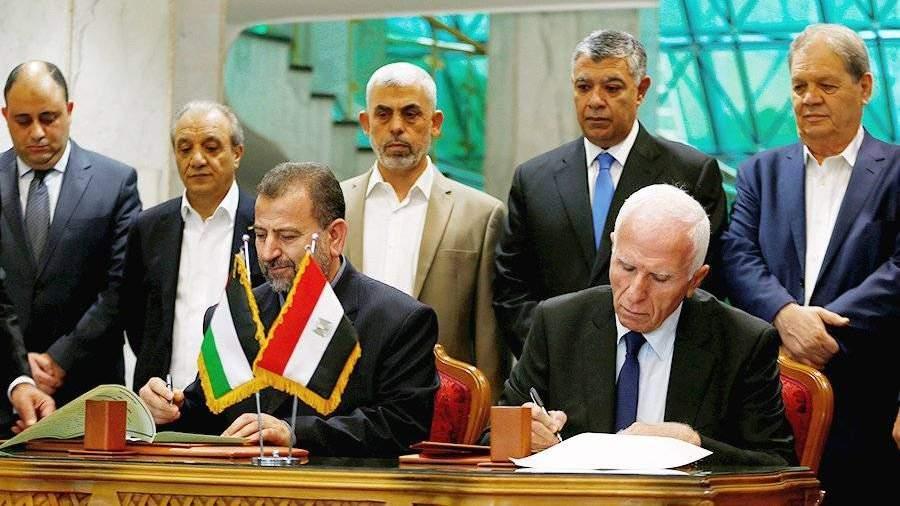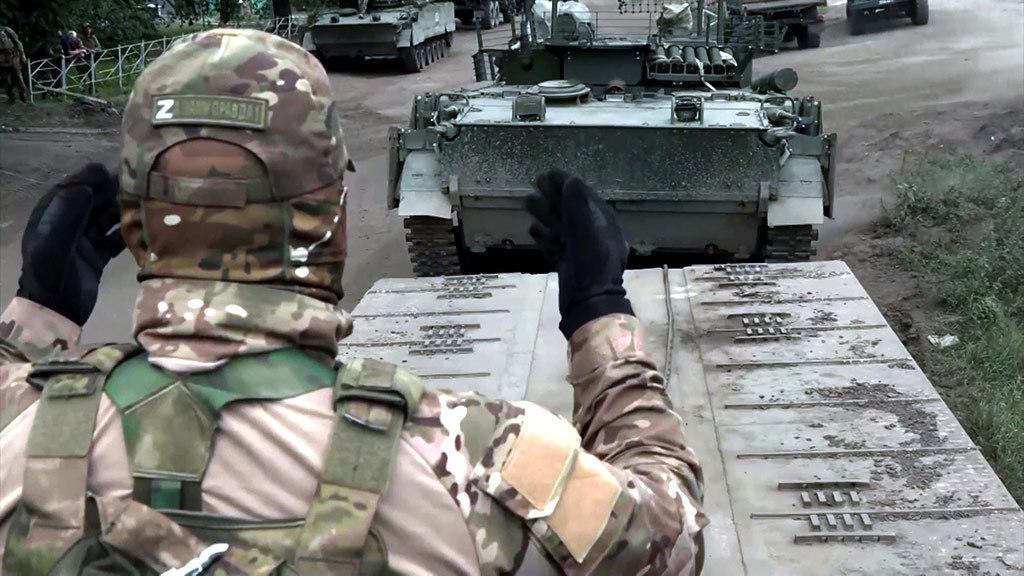Double standards: From South Caucasus to Middle East Hypocrisy exposed
The war in the Middle East, which began following the Hamas group's attack on Israel on October 7, 2023, is escalating, continuing to pose a big threat to global security and the world economy.
According to the latest reports, over 40,000 Palestinians have been killed as a result of the military operations initiated by Israel against Hamas in the Gaza Strip. The Air Force of the Israel Defense Forces (IDF) launched intensive attacks on the northern Gaza Strip, specifically targeting the Sheikh Radwan district and the Al-Qarara region.
Meanwhile, according to Israeli media, Hamas has executed several "Israeli agents" in the central Gaza Strip. On August 13, Israeli Prime Minister Benjamin Netanyahu accused Hamas of attempting to derail negotiations by introducing 29 amendments to the ceasefire roadmap.
According to CNN, citing sources within the Israeli government, Tel Aviv is now opposed to the return of Palestinians to northern Gaza, a move it had previously not obstructed. Another source from CNN reported that Israel wishes to retain the right to veto the release of some Palestinians from Israeli prisons and insists on maintaining Israeli control over the Gaza-Egypt border.
Following the assassination of Hamas political bureau leader Ismail Haniyeh in Tehran on July 31, talks to negotiate a ceasefire in the Gaza Strip and secure the release of Israeli hostages captured during the Hamas attack on October 7, 2023, resumed in Doha on August 15.
The Iranian government has placed the responsibility for Haniyeh's death on Israel, and Hamas envoys have withdrawn from the ceasefire negotiations. Instead, representatives from Egypt and Qatar participated in the talks.

Who is fueling the conflict in the Middle East?
The primary factor inflaming the conflict in the Middle East is, first and foremost, the stance of the West, which maintains a unilateral approach to resolving the Israeli-Palestinian issue.
It is evident that Western calls for the resumption of negotiations between Israel and Hamas are primarily aimed at deflecting the threat of retaliation from Iran and Lebanese Hezbollah, rather than addressing the interests of the Palestinian people.
This conclusion can be drawn from the following facts:
Firstly, on one hand, the US is urging Israel to halt its operation in Gaza as soon as possible. However, at the same time, it continues providing Tel Aviv with advanced offensive weaponry, thereby contributing to the continuation and expansion of the conflict in the region.
Secondly, in contrast to the ambiguous stance of the West, China has proposed a more sensible approach to resolving the Palestinian issue. The Chinese government has called on Palestine to end internal factional conflicts, ensure unity, and focus efforts on achieving common goals.
This initiative was indeed relevant, given the serious divisions within Palestine itself. Currently, there are 26 groups within Palestine that do not recognize each other.
The two main political forces in the country are Hamas, which controls the Gaza Strip, and Fatah, which governs the West Bank and is recognized as the official authority of Palestine.

The contradictions between these two essentially hostile groups escalated into an open political conflict following the 2006 elections. In 2007, Hamas took control of the Gaza Strip through force.
It is clear that both factions are not genuinely interested in resolving the Palestinian conflict or establishing a Palestinian state. There is little other explanation for their behavior, as their ongoing struggle often escalates into armed conflict. Moreover, there is no force capable of uniting Fatah, Hamas, and other factions, or of mobilizing them towards a common goal.
It is also important to note that Mahmoud Abbas's administration is mired in corruption. Large sums of money intended for regional aid are being embezzled and used to enrich those at the helm of these factions. Therefore, the issue of establishing a Palestinian state is closely tied to personal interests within Palestine itself.
Israel understands that these factions do not pose a significant threat to the country, primarily due to their financial interests and the West's lack of genuine interest in resolving the Palestinian issue. Therefore, it is not surprising that Beijing's call went unheard by both the West and the opposing factions.
The so-called peace initiatives of the West are merely a game, masking hypocrisy. This is yet another example of the double standards that Azerbaijan also faces.
External forces' objectives dominate regional interests
The primary reason for the protracted Israeli-Palestinian conflict is that the US, the EU, Iran, and some Arab countries are pursuing their own interests in Palestine and Gaza by supporting various factions.
Israel skillfully uses this situation to its advantage. It is well aware that the statements and calls from the Biden administration and other Western leaders for an end to the hostilities are merely empty words. As a result, Israel continues actively pursuing its plans in the Gaza Strip.
It is clear that the US and its Western allies have effectively sacrificed the Palestinian people to achieve their political and economic goals. This vividly illustrates the double standards in global politics, where the West confines itself to merely declarative statements about ceasefires.
Double standards of the West and Azerbaijan
Azerbaijan is well aware that the hypocrisy and double standards of Western countries often overshadow genuine values. This realization dates back to the period of Armenia's occupation of Azerbaijani territories.
For example, the US and its Western allies did not impose any sanctions on Armenia when it committed the Khojaly genocide against Azerbaijani civilians and occupied the Azerbaijani lands. In contrast, the US Congress passed the notorious Section 907, which targeted Azerbaijan. This decision was unjust, as it punished not the aggressor but the victim of the occupation.
Moreover, a genuine hysteria erupted in the West following Azerbaijan's victory in the 2020 Karabakh war and the liberation of occupied territories, achieved by adhering to all norms of international law.
Despite this, some EU institutions proposed sanctions against Azerbaijan. This further confirms the duplicity of Western policy towards Azerbaijan.

Here's another example highlighting Western double standards.
Western countries supply advanced equipment and weaponry, including F-16 fighter jets, to Ukraine, permitting their use against Russian territory. However, we remember the widespread disinformation in Western media about Turkish F-16s stationed at Azerbaijani airfields during the second Karabakh war, which made no flight.
This implies that some countries are allowed to defend their national interests even on other countries’ territories, while Azerbaijan continues facing negative reactions from the West simply for restoring its territorial integrity and sovereignty on its own, without regard to the opinions of third parties.
It is clear that Azerbaijan will continue facing Western double standards. Nevertheless, this will not prevent Azerbaijan from persisting in its independent foreign policy, which is focused solely on national interests.








